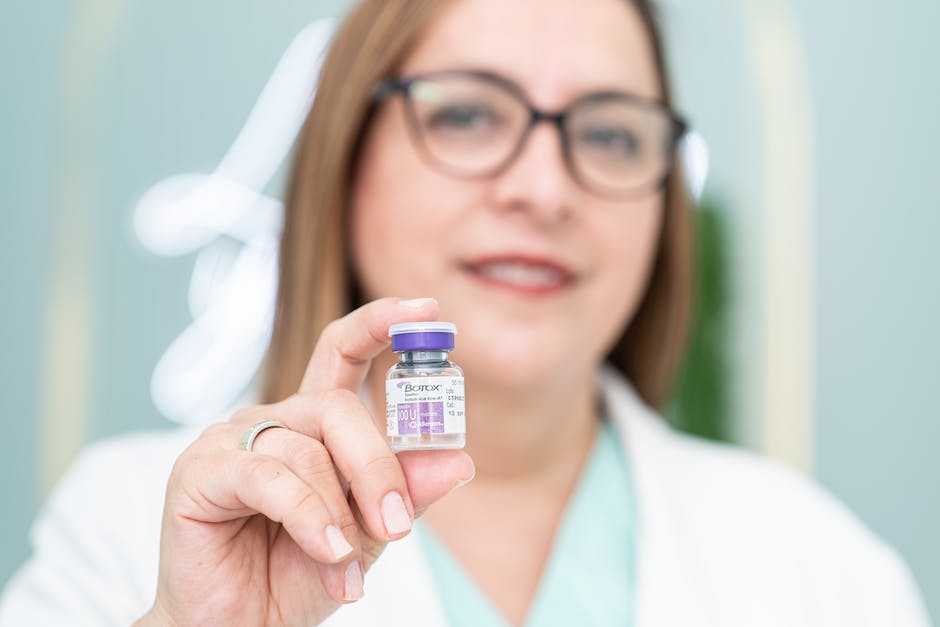
and Health
Radioactive iodine (RAI) is an important part of nuclear medicine that can be used to diagnose and treat certain conditions in the body. It is also used to treat thyroid cancer, hyperthyroidism, and certain other medical conditions. As with any medical procedure or treatment, there are potential risks and benefits associated with radioactive iodine that must be considered before taking this course of action.
Benefits
Radioactive iodine can be an effective treatment option for people with certain medical conditions. It is used to:
- Treat Thyroid Cancer: RAI can help to shrink thyroid cancer tumors and stop the spread of cancerous cells.
- Treat Hyperthyroidism: RAI can be used to slow down the production of too much thyroid hormone in the body, a condition known as hyperthyroidism.
- Diagnose Thyroid Disease: RAI can help identify abnormal growths in the thyroid.
Risks
Although RAI can be a helpful tool for treating certain medical conditions, it does come with certain risks. These include:
- Radiation Exposure: The main concern with RAI is radiation exposure. It is important to understand the potential risks of radiation exposure before undergoing this treatment.
- Thyroid Damage: RAI can cause damage to the thyroid gland, including thyroid dysfunction. This can lead to fatigue, weight gain, and other symptoms.
- Pregnancy Complications: RAI is not safe for pregnant women, as it can affect the development of the fetus.
Discuss with your Doctor
It is important to talk with your doctor about the risks and benefits of RAI before deciding if it’s the right course of action for your medical condition. Your doctor can explain the pros and cons in greater detail and help you understand the possible impacts on your health.
